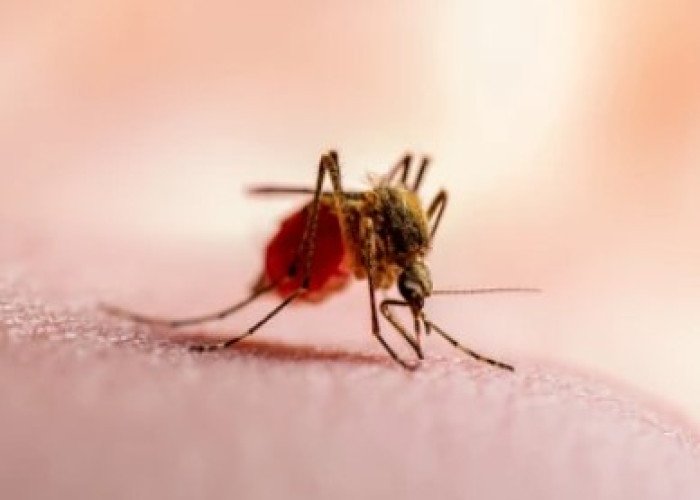 Welcome
Welcome
“May all be happy, may all be healed, may all be at peace and may no one ever suffer."
- A
- B
- C
- D
- E
- F
- G
- H
- I
- J
- K
- L
- M
- N
- O
- P
- Q
- R
- S
- T
- U
- V
- W
- X
- Y
- Z
Hypotension - Homeopathic remedies
Hypotension, also known as low blood pressure, is a condition characterized by blood pressure that is lower than normal. Normal blood pressure is considered to be around 120/80 mmHg, and hypotension is generally defined as having a reading of less than 90/60 mmHg.
There are several potential causes of hypotension, including dehydration, blood loss, certain medications, and underlying medical conditions such as heart disease or endocrine disorders. Symptoms of hypotension may include dizziness, fainting, blurred vision, confusion, and fatigue.
Treatment for hypotension will depend on the underlying cause of the condition. In some cases, lifestyle changes such as increasing fluid and salt intake or wearing compression stockings may be recommended. In more severe cases, medications may be prescribed to raise blood pressure or treat an underlying medical condition.
It is important to seek medical attention if you experience symptoms of hypotension, as the condition can lead to complications such as shock, organ damage, and even death if left untreated.

Squint eyed

Tonsillitis

Water dream

Regret

Leucorrhoea

Uterine displacement

Malaria fever

Nervous weakness
Hypotension, নিম্ন রক্তচাপ
To be happy, beautiful, healthy, wealthy, hale and long-lived stay with DM3S.